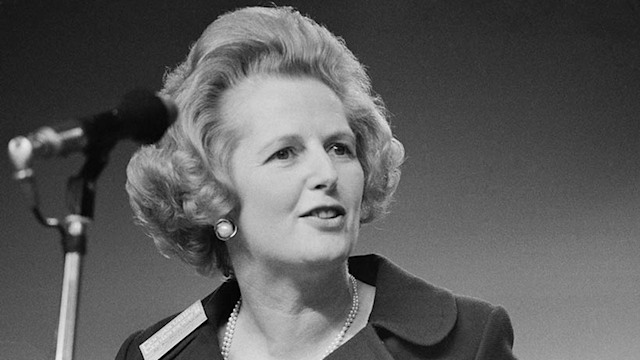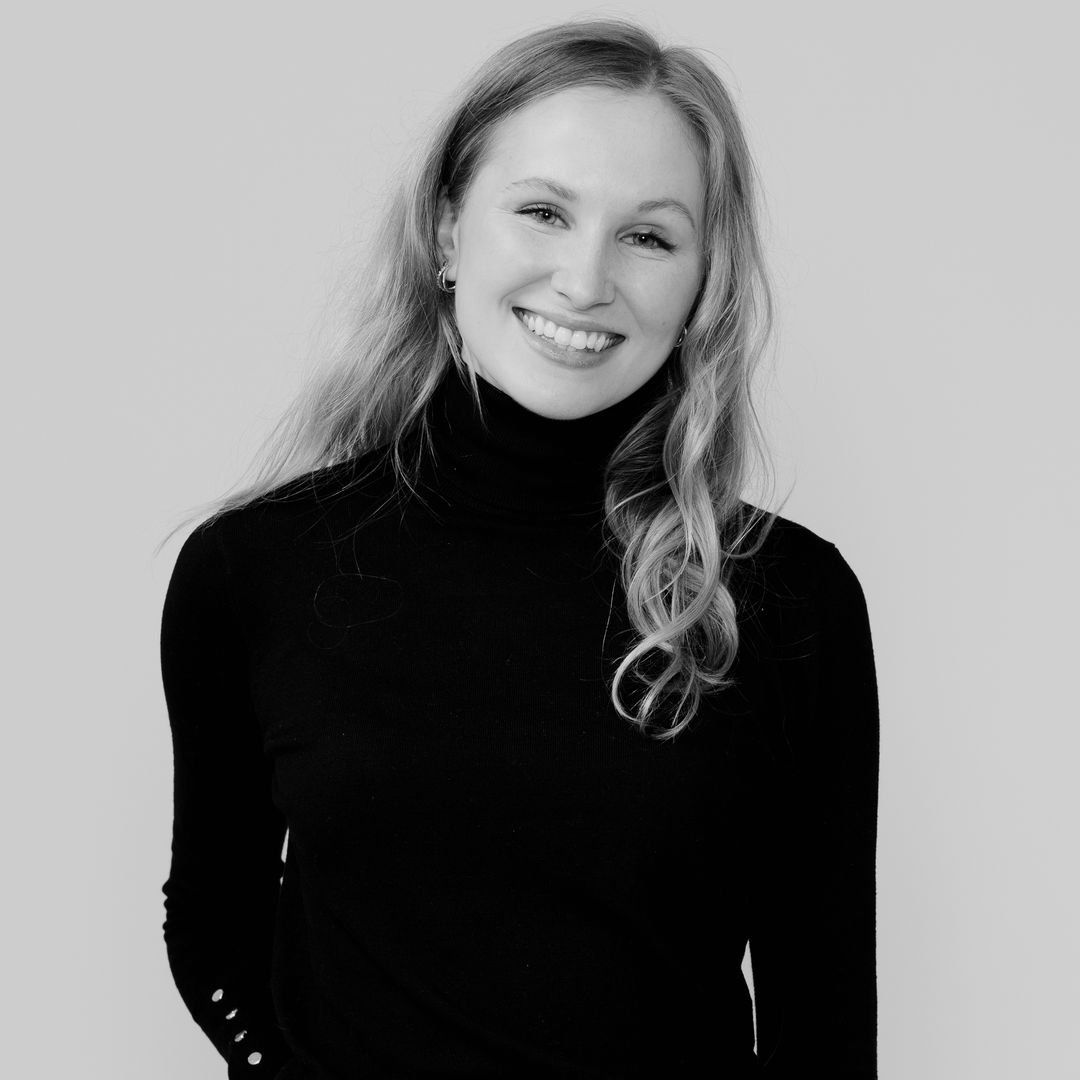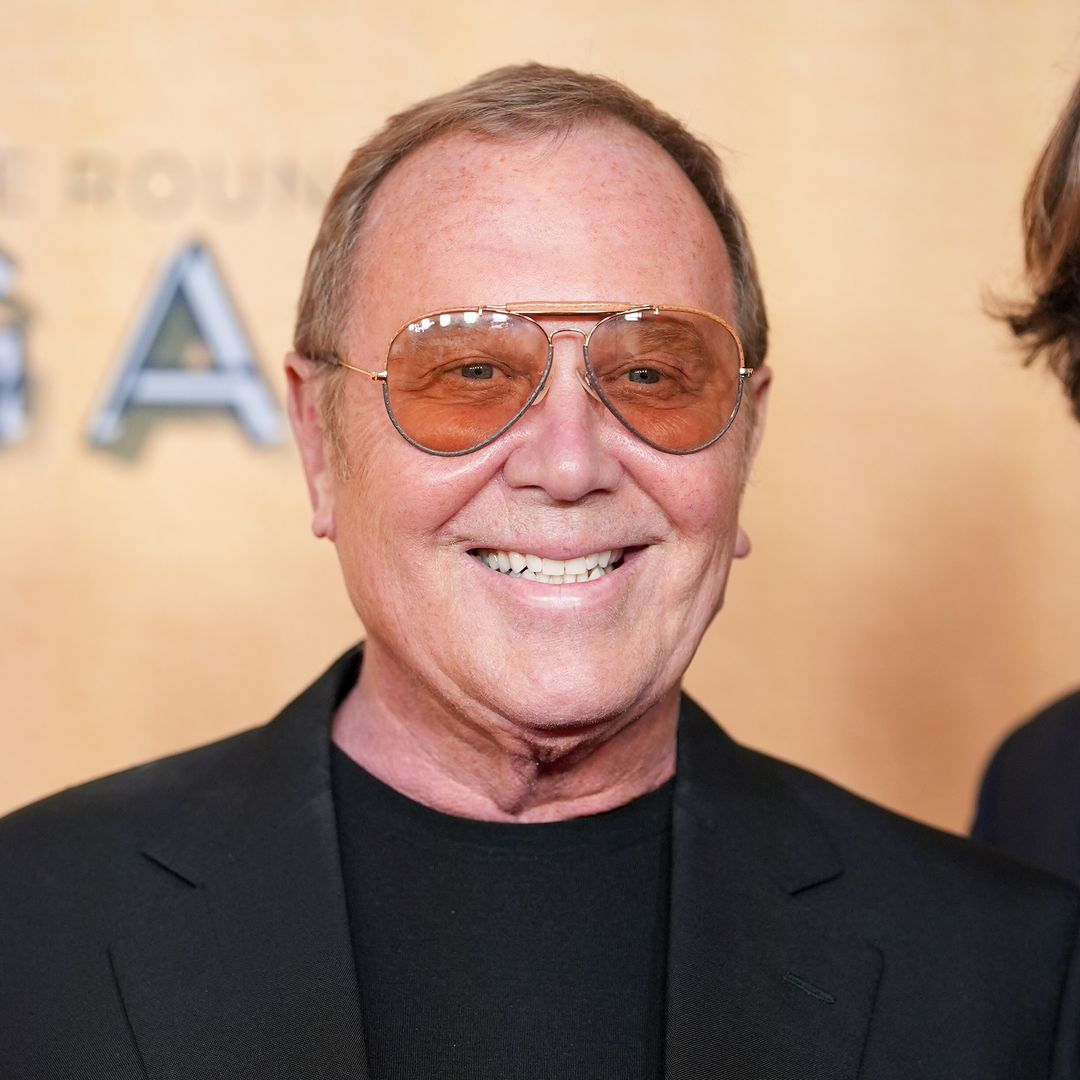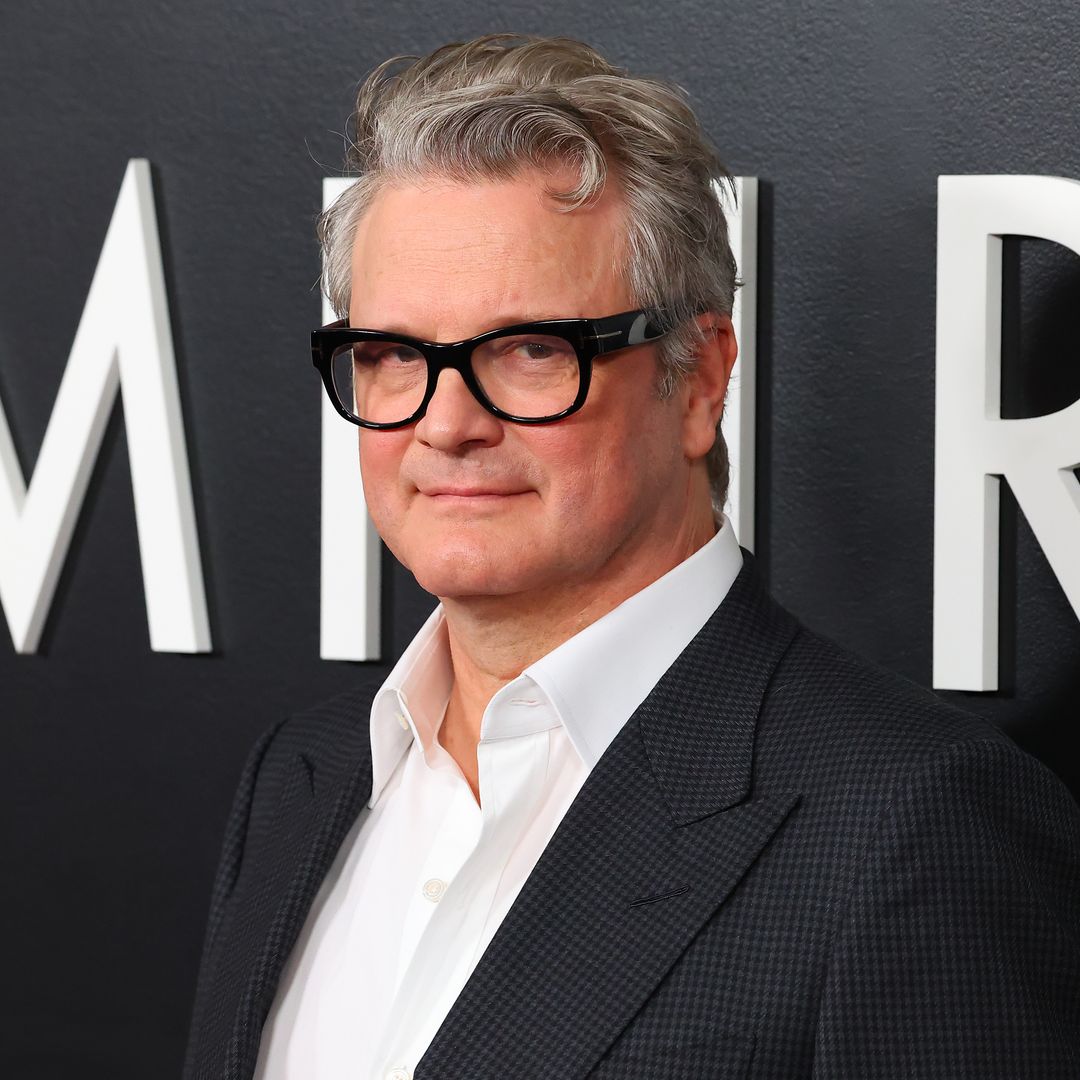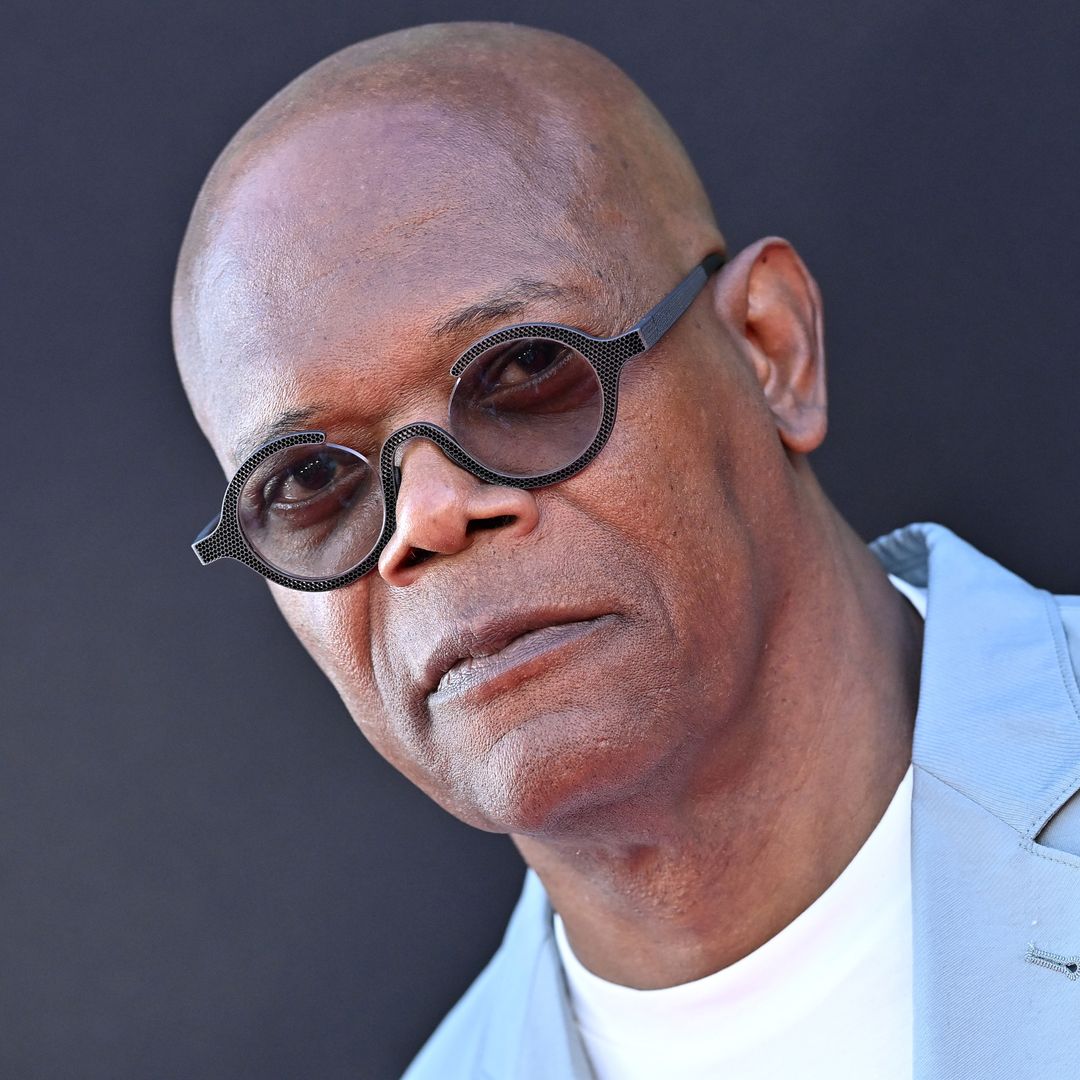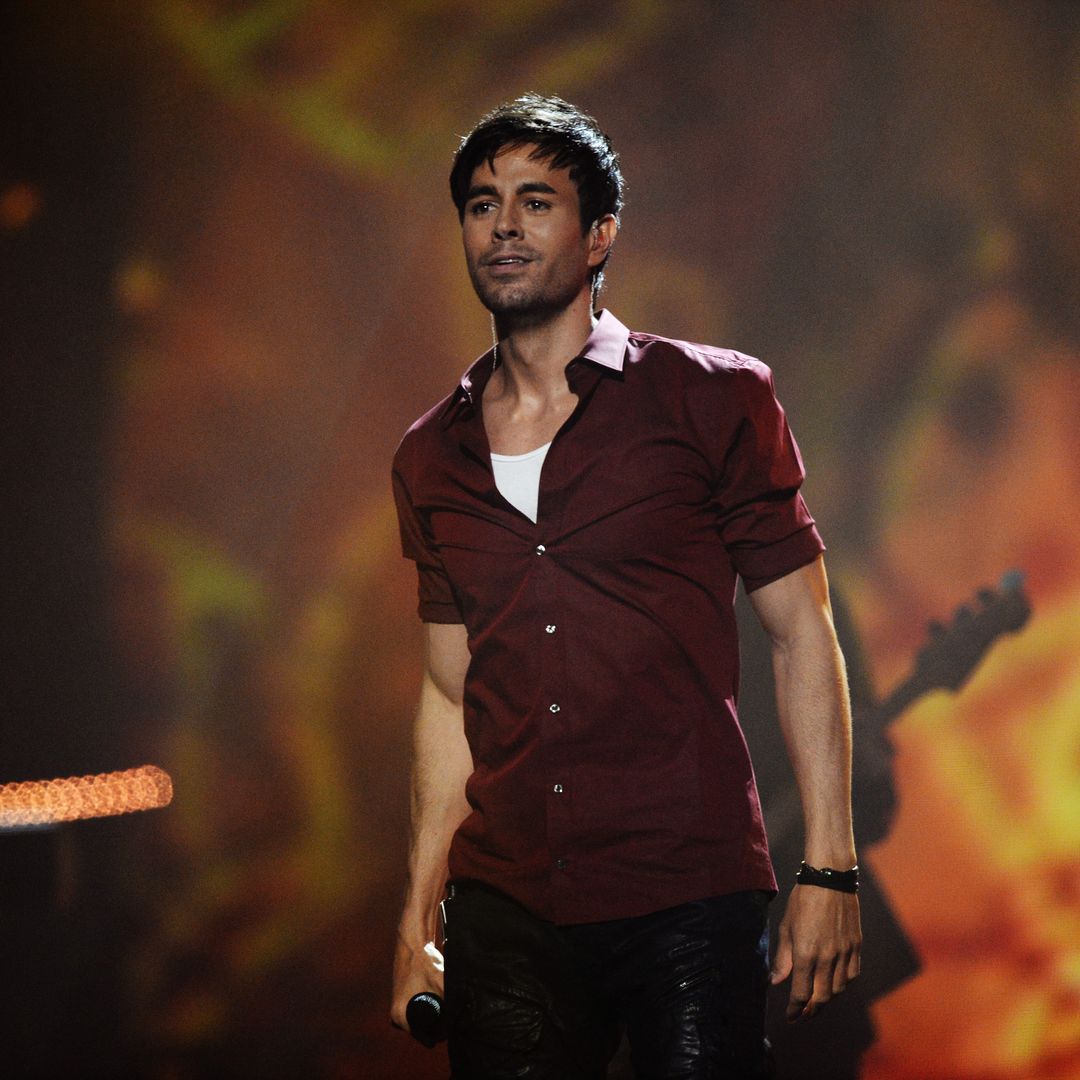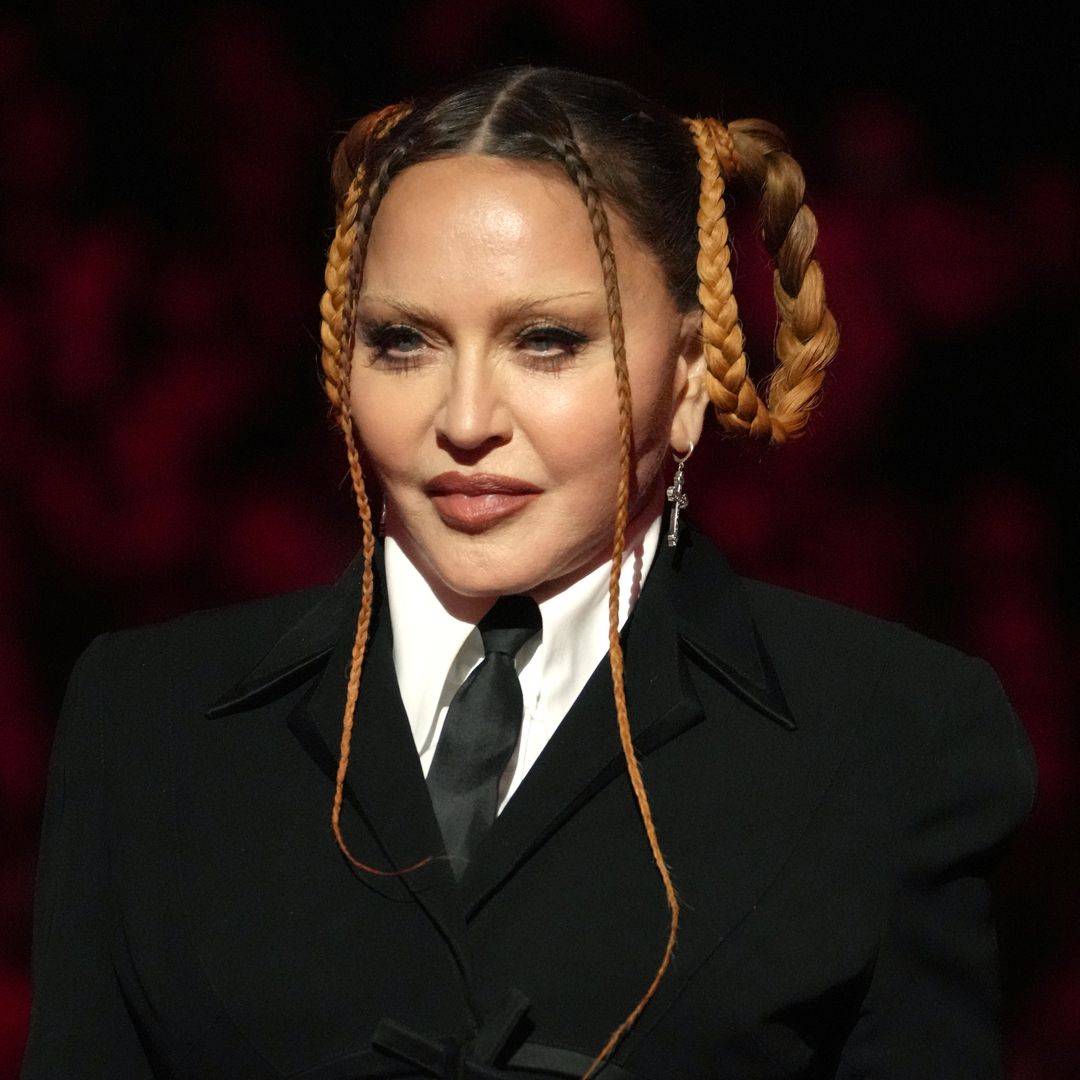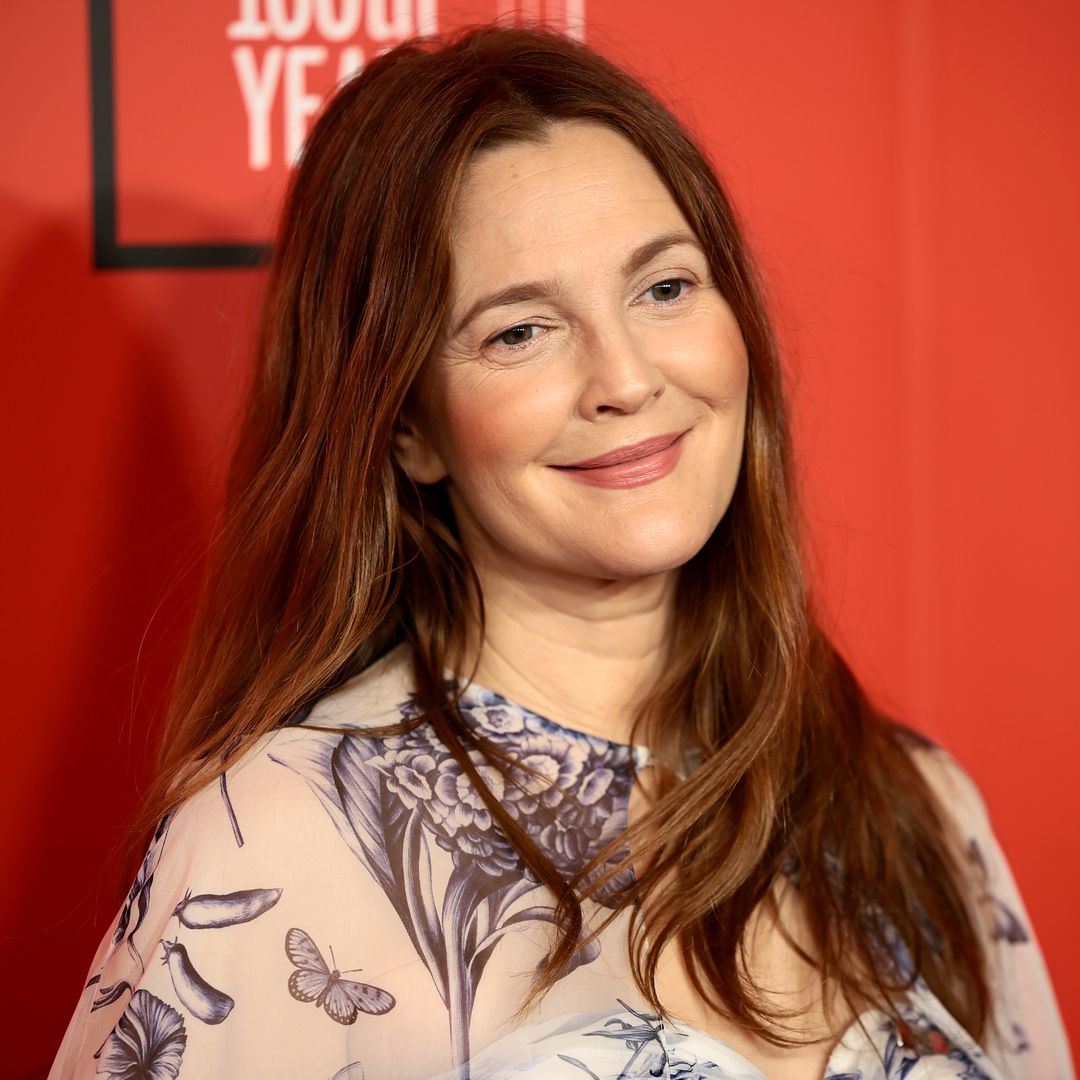Known as the Iron Lady, courtesy of her Soviet enemies, Margaret Thatcher was one of the truly transformational figures of the 20th century. As well as being one of the architects of the West's victory in the Cold War, Baroness Thatcher was also the first British leader to win three consecutive terms in Downing Street.
Margaret Thatcher's early life
Margaret was born on 13 October 1925 to Alfred and Beatrice Roberts, who owned two shops and the family lived above one. Her father, also a Methodist lay preacher, inspired an early interest in politics when he became Mayor of Grantham in 1945. By this time the young Margaret was studying chemistry at Somerville College, Oxford.
Margaret Thatcher's start in politics and personal life
Margaret's entry into politics had come when she was chosen as Tory candidate for the safe Labour seat of Dartford in the general election of 1950. She didn't win the seat but she won the admiration of wealthy local businessman Denis Thatcher, who was recently divorced. They were married from 1951 until his death in 2003. The union produced two children, twins Mark and Carol.
In 1953, the year her children were born, the new Mrs Thatcher passed her exams to become a barrister specialising in tax. By 1959, she was an MP, voted in by the electors of Finchley, north London. Her husband Denis supported her during the early days of her political career and was her rock once it took off. He was, she said, "the golden thread" running through her life and he later would be knighted in recognition of his achievements.
Margaret Thatcher's political career
Margaret's career in public life was marked by controversy because of her uncompromising style and politics. Baroness Thatcher took power by unseating Conservative leader Edward Heath, while Education Secretary in 1975, winning her first general election four years later in 1979.
In 1982, Argentina invaded the Falklands, and against the advice of US President Ronald Reagan, she sent a task force that reclaimed the Islands. This unexpected victory and the popularity it brought helped put her back in Downing St for a second term. There were other battles – the year-long Miners' Strike of 1984 and the Poll Tax Riots of her third term. In 1990, a backroom coup similar to the one that replaced Edward Heath forced her from Downing Street. She was driven away in tears with her beloved Denis by her side.
She remained a political force in her later years, remaining a member of Parliament until 1992, when she was appointed a life peerage in the House of Lords.
Margaret's health began to decline in the early 2000s. She passed away on 8 April, 2013.
